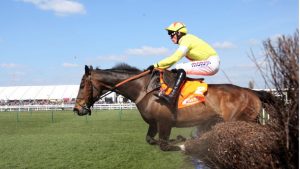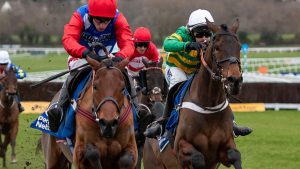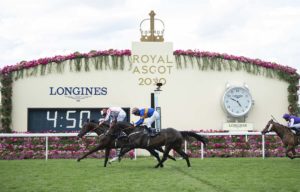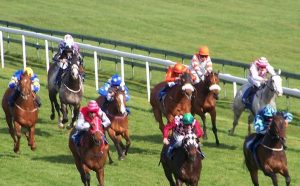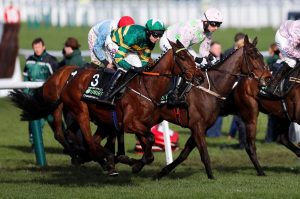CCTV to be installed at all Irish racecourse stable yards
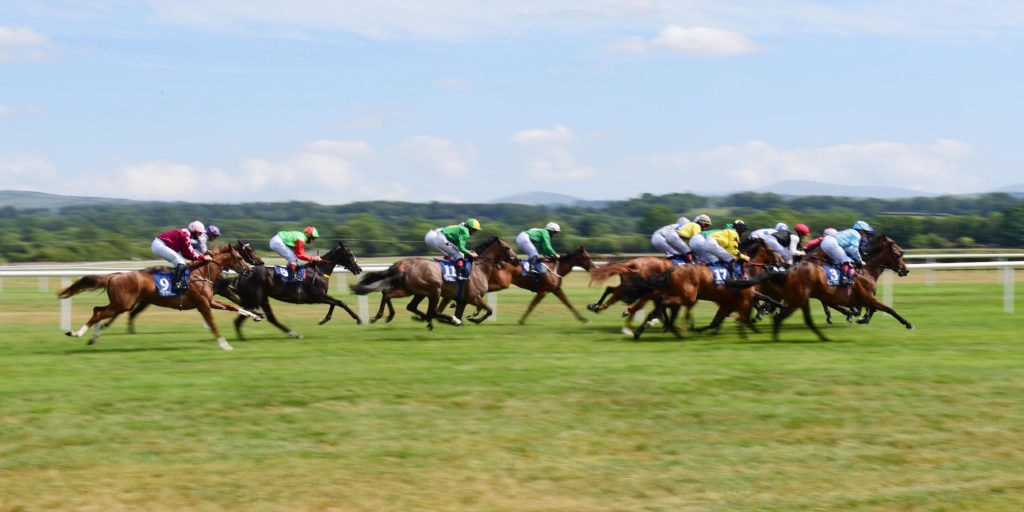
HRI announces enhanced anti-doping measures in ‘zero-tolerance regime’.
CCTV cameras are to be installed in every racecourse stable yard in Ireland as part of a range of new anti-doping measures to be introduced. Leopardstown is currently the only one of the 26 tracks to have such equipment, a statistic which has come into wider focus following the recent high-profile case involving trainer Charles Byrnes. The County Limerick-based trainer is awaiting a verdict from the Irish Horseracing Regulatory Board’s appeals panel after contesting the decision to suspend his licence for six months and fine him EURO 1,000.
The urine sample of Viking Hoard was found to contain hydroxyethylpromazinehydroxide (HEPS), a metabolite of acepromazine (ACP), which is a sedative and forbidden under the rules of racing. The sedative is believed to have been administered in the stable yard on course by person or persons unknown while Byrnes and his son left the horse unattended for a brief period. The Horse Racing Ireland board said it will provide funding for the installation of CCTV cameras in the stable yards at every racecourse, with tender documents to be published shortly by the IHRB. In announcing a zero-tolerance regime, HRI intends to sample 4,000 plus horses in Ireland this year, with 600 samples to be taken at public auction and no-notice testing to be applied as the IHRB veterinary team has been granted authorised office status. “Integrity around anti-doping is a top priority for the Irish racing and breeding industry,” said HRI’s chief executive Brian Kavanagh.
Follow us on Twitter racing365dotcom and like our Facebook page.
Latest
-
Horse Racing
Five JP McManus-owned horses Harry Cobden will be looking forward to riding next season
Cobden v McManus could be a formidable partnership.
-
Horse Racing
Everything you need to know about the 2026 Cheltenham Festival
The Cheltenham Festival remains the most important...
-
Horse Racing
What Is a box bet in horse racing and how do you place one?
Making Sense of Box Bets:...
-
Horse Racing
Four horses who could be targeted at Royal Ascot
As the flat season begins to gather...
-
Horse Racing
Kentucky Derby 2025 – all eyes on Journalism and Baffert
America’s biggest horse race looms on the...
-
Horse Racing
Cheltenham Festival 2025 – Bookies spared bumper payout after opening day carnage
Bookmakers were spared an estimated £50 million...
-
Horse Racing
Rider’s ocular accident underscores importance of protective eyewear
Amid non-stop negotiations surrounding the need to...
-
Horse Racing
Concerns over inadequate facilities for female jockeys as racecourses miss upgrade deadlines
The Professional Jockeys Association (PJA)...
-
Ramatuelle ruled out of Breeders’ Cup Mile bid
French ace scratched from Del Mar contest following veterinary advice.
